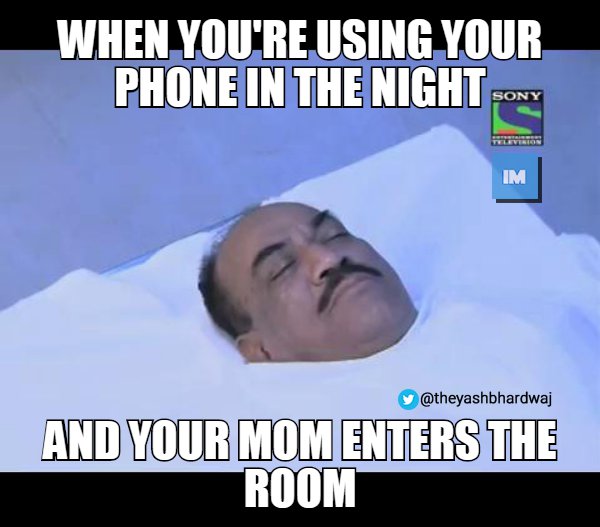 Purpose - To make fun of people that are lazy and don't have any motivations. Also, makes fun of people who love to eat. Another purpose is to make people laugh.
Purpose - To make fun of people that are lazy and don't have any motivations. Also, makes fun of people who love to eat. Another purpose is to make people laugh.Audience - The audience is people who enjoy to sleep and for younger individuals that have the ability to view this meme on social media. Young people can also relate to this because with busy schedules, you barely get any sleep and it feels like the minute you close you eyes its time to wake up for breakfast.
Rhetorical Appeals - It appeals to pathos because it makes people laugh. Also people who enjoy sleeping and eating breakfast can relate to this meme.
Elements of the Genre -
Style- The font is bolded which makes "I Love Sleep" stand out to the audience. Also the visual picture adds more humor to the meme because it pokes fun at someone who looks like they just woke up and his first thought it "when's breakfast?"








